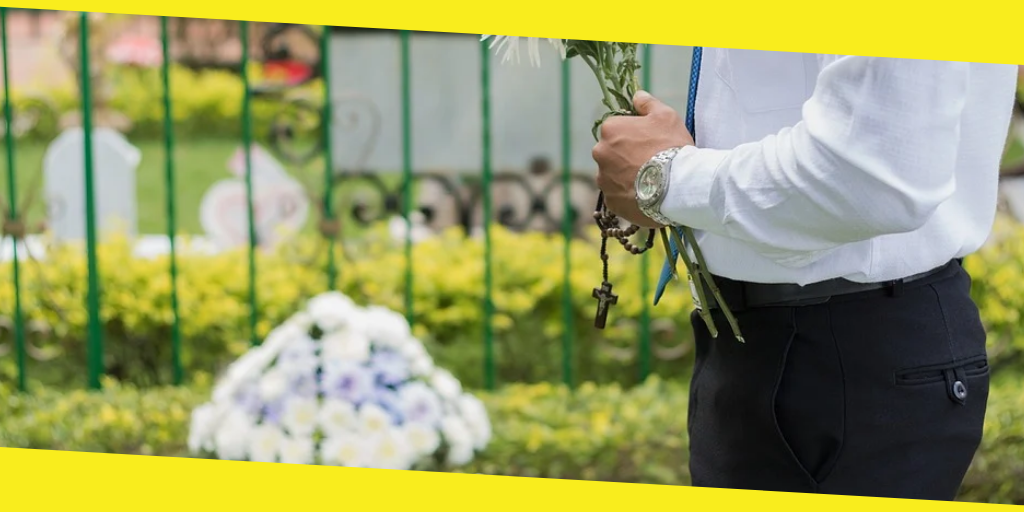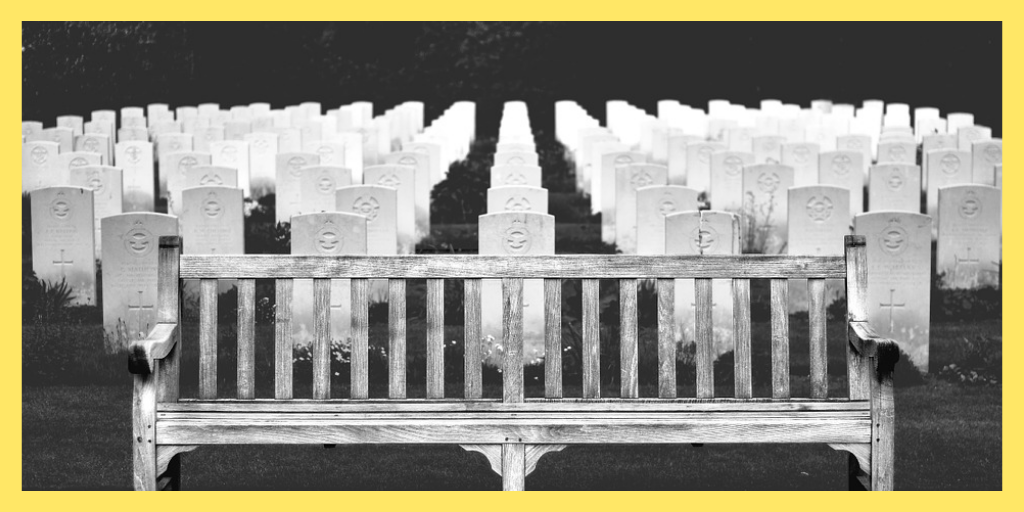Death: An Inevitable Stage Of Life And How To Handle It

Coping with the loss of a loved one can be painful, and it is a fact that everyone will eventually die. No one anticipates the death of a loved one, and coping with the unexpected event involves more than the grieving process. Handling the death of a loved one requires that family members are gathered together, and the funeral process is initiated. The family members have to absorb the events that transpired then prepare for the burial ceremony. Death is inevitable, and once it happens, you need to be prepared to handle it.
Here are steps you need to take when handling the death of a loved one.
1. Contact Family Members
It would be essential that you inform close family members through the phone, social media, or mail. This would be an opportunity to get comfort and share information on necessary decisions that need to be made concerning the funeral arrangements. In case the deceased requested to have their organs donated, the family has to honor the wishes, and the donation should be made the earliest possible.
2. Funeral Preparations
Consider bringing together close family members, especially in a situation where the deceased failed to leave burial instructions. In the case where the deceased left some guidelines, it would be necessary to honor their request. As a family, you need to consider particular factors such as the needs of the deceased, whether the requirements are realistic and affordable, and whether the instructions would help the family. For instance, the deceased might have left instructions that they desire to be cremated. It would be a noble gesture to honor the wishes of the dead. Professionals at https://www.greenmeadowmemorials.com/ advise making the necessary preparations such as placing the remains in a cremation urn, wood urn, keepsake urn, or themed urn that can be delivered at your preferred location at a competitive price. There are several types of urns including wood urns, themed urns, and photo urns that you can easily ask for customizations. Generally, family members have to follow their preferences when making funeral preparations.
3. Pick a Funeral Home
Some people might prefer that a funeral home transports the body from the morgue to a given facility. However, the deceased might have identified a funeral home that they preferred, ensure that you honor the deceased last wishes.
4. Seek Assistance for Funeral Arrangements
You might need the help of friends and relatives who would help in designing the funeral program, cooking meals, and performing some routine chores for the deceased. Besides, the deceased probably needs help with taking care of pets or children; the family members need to make decisions on people who will be tasked with looking after the family when the burial preparations are underway.
5. Organize for a Headstone
Family members and friends can arrange for a headstone that can be purchased from a vendor or a cemetery. Besides, the family members should consult with the cemetery on the specifications of the headstone, should they decide to buy one from a vendor.
6. Organize the Funeral Gathering
Depending on the preferred tradition, the funeral service can be conducted at the church, in a banquet hall, or at the deceased residence. Friends and family members should plan on the best venue then agree on a date to send off the dead. The funeral details should then be shared with friends using donation cards, flowers, or through email. After that, the family needs to prepare an obituary, and in case it would be published in the newspaper, then its necessary to check on submission guidelines, deadlines, and publishing rates.

7. Get the Death Certificate
After the funeral service, close family members must obtain the death certificate. Consider consulting the funeral director, who might assist in handling the process. Upon acquiring the death certificate, consider sending out thank you notes to all parties that attended the funeral.
8. Analyze the Deceased Employment Benefits
In case the deceased was employed, family members should contact the employer and seek information about the credit unions, pension plans, and the union death benefit. To claim the benefits, the family members would require the deceased death certificate.
Generally, death is an unprecedented event, and the days that follow might appear blurry. You need to consider contacting family members and close friends, given that you need their support as you grieve the loss of a loved one. Always remember that all parties that have attended are grieving too. Consider delegating most of the duties to close family members during this challenging moment.
You may like this
Recommended For You
10 Motivational Life Lessons To Learn From Shah Rukh Khan
Most Inside
Most Inside offers high-quality recommendations and valuable updates to enhance all aspects of your life, providing premium guidance and enriching experiences.




